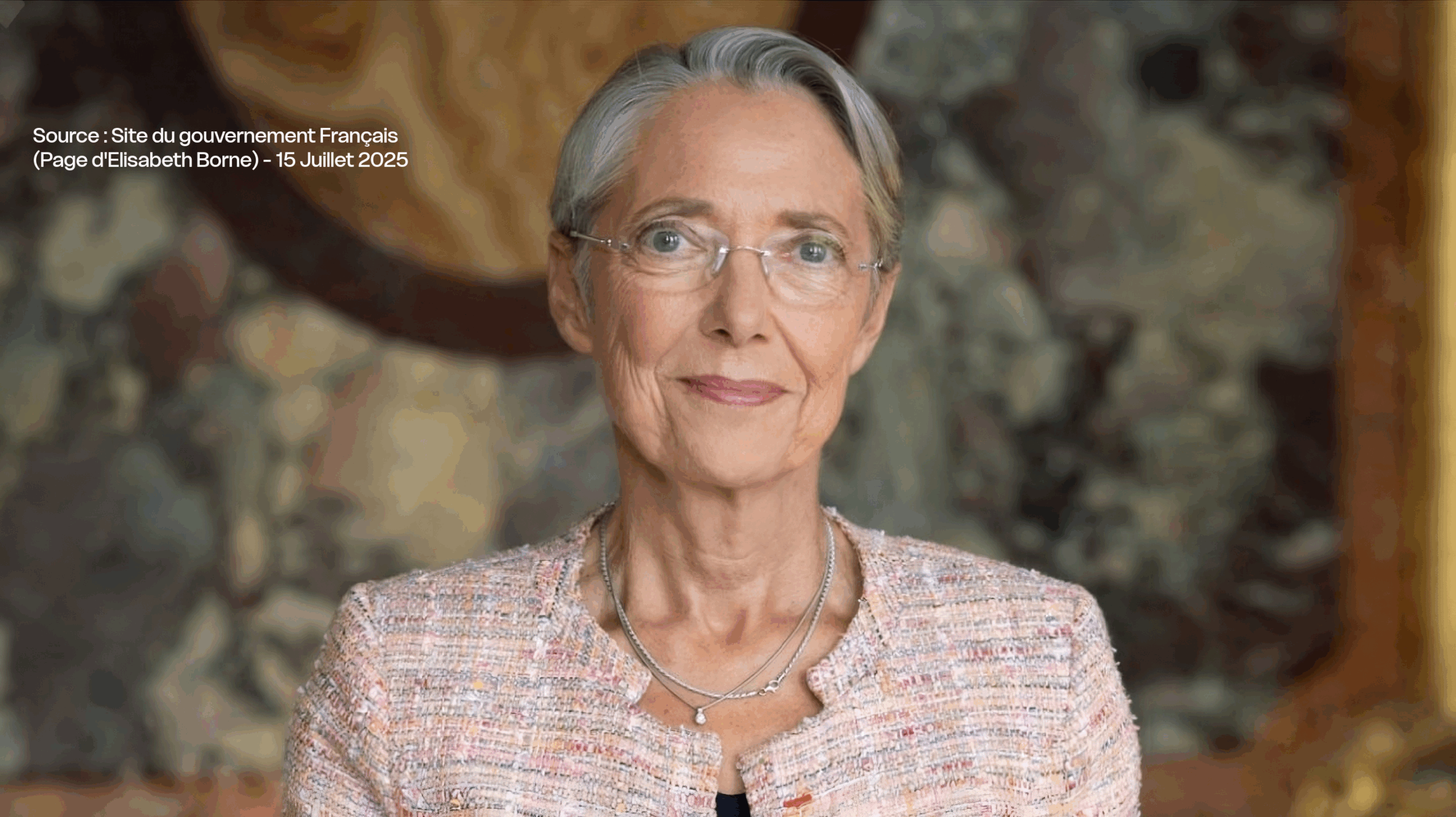91.8% Pass Rate at the Baccalaureate: A Steady Increase That Does Not Convince Elisabeth Borne While the baccalaureate pass rate reached 91.8% in 2025, up 0.4 points compared to 2024 — a trend that began during the Covid crisis — the Minister of National Education, Elisabeth Borne, stands out for her skepticism. Speaking on Radio J on July 13, she reminded listeners that “We don’t give the baccalaureate to everyone, and we must not give the baccalaureate to everyone,” and lamented the spread of grading guidelines deemed “too lenient,” while clarifying that they did not originate from the Ministry of Education on Rue de Grenelle.
Guest on Radio J on July 13, 2025, Elisabeth Borne reignited controversy. When asked by journalist Frédéric Haziza — “Is the fact that practically everyone passes the baccalaureate a good thing?” — the Minister of National Education answered bluntly:
“We don’t give the baccalaureate to everyone, and we must not give it to everyone.”
A statement that, behind its apparent obviousness, reopens a well-known fault line in the French educational system: that of the actual level of the baccalaureate. With a success rate approaching 92% in 2025, continuing the post-Covid trend, the question is no longer simply whether students are passing… but under what conditions.
“Excessive Leniency”: An Excuse to Toughen Grading?
At the heart of the minister’s statement: the existence of grading guidelines deemed too lenient, as reported in the press. While these directives did not come from the Ministry of National Education — “not from Rue de Grenelle”, in her words — they would nonetheless be symptomatic of a broader trend toward leniency.
Elisabeth Borne therefore promises a firm response: a directive will be sent to graders at the start of the school year to reaffirm the expected standards and dispel any doubts about the validity of the diploma.
“I will issue instructions at the start of the school year regarding the guidelines given to graders. It is very important that there be no suspicion about the level of the baccalaureate.”
More Rigor, But at What Cost?
As the minister raises the banner of higher standards, another concern emerges: Won’t the tightening of grading criteria add even more pressure on students already under heavy strain? Is the national exam turning into more of a selection process than a validation of knowledge?
And above all, is increasing difficulty really a solution in itself? Or just a poorly fitted bandage on a deeper fracture?
Rebuild Rather Than Retouch?
Because beyond grading criteria, it may be the very foundation of the French education system that needs to be reconsidered. Should we keep tightening the screws of a system inherited from the 19th century through directives? Or should we finally accept starting over with a blank page?
In the interview CARRIÈRES #01 with Frédéric Deleporte an economics and social sciences teacher, we discussed this iconoclastic yet necessary idea: to rebuild the national education system from the ground up. But where to begin? With whom? And above all, with what vision?
Can we still build something new with something old? Or is it time to put an end to half-measures that move the furniture around without touching the foundations?
A school stuck in the past that must educate a world already planning its future.
In a society of constant acceleration — digital, climate, social — education remains surprisingly stagnant. Behaviors are changing, expectations are evolving, professions are transforming at a dizzying pace… yet school curricula struggle to keep up.
Is tightening the screws on the baccalaureate really the way to bring meaning back to school? Or is it rather by profoundly re-examining the role, the methods, and the purpose of the institution?
The baccalaureate, a barometer of a broader malaise.
The controversy sparked by Elisabeth Borne goes beyond a quarrel over grades. It reveals a broader malaise: that of a school out of step with its time, where success rates are still being debated while young people are calling for meaning.
Restoring value to the baccalaureate, yes.
But that means giving an entire generation a compass once again.


Leave a Reply